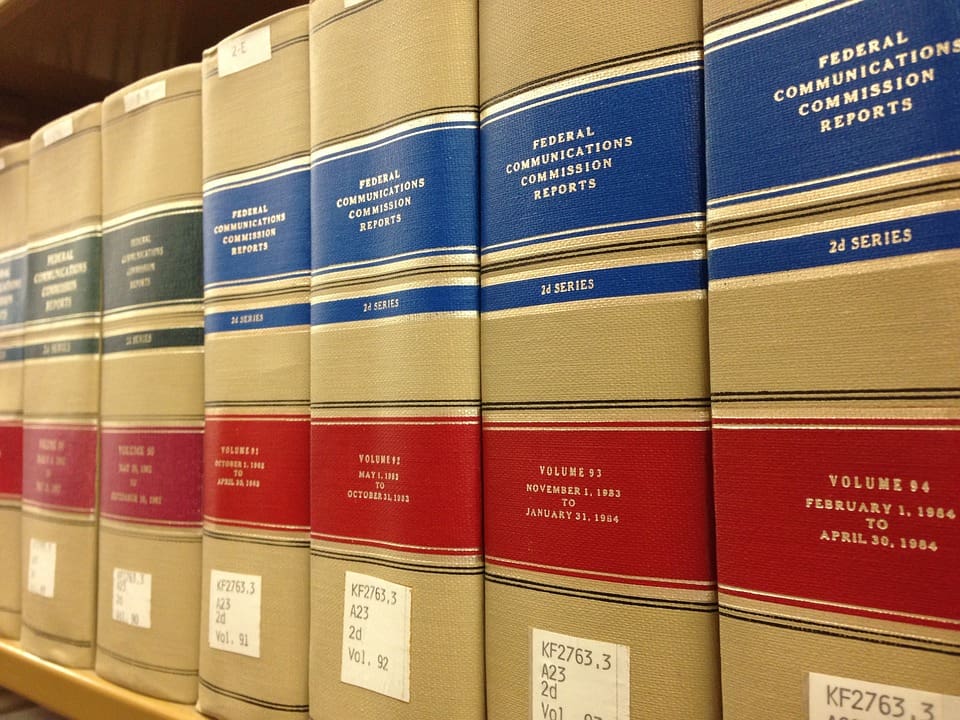Disclaimer: With Medicaid, VA, and insurance regulations frequently changing, past blog posts may not be presently accurate or relevant. Please contact our office for information on current planning strategies, tips, and how-to's.
This is “part one” of two-part series of popular questions many people have when they begin planning for Medicaid benefits.
1. What is the difference between Medicare and Medicaid in providing for nursing home care?
Medicare is for seniors 65 years old and older. To generalize, it will cover, at max, 100 days of care in a skilled nursing facility as long as the senior continues to require care.
Medicaid looks more at the financial eligibility of the senior rather than their ability to improve their condition. There are certain financial limitations a senior will need to be within in order to apply and receive Medicaid benefits.
2. What amount of assets are considered in determining Medicaid eligibility?
The number of assets will depend upon the senior’s marital status. If the senior is single, the will usually only be allowed to retain $2,000 worth of assets. However, if the senior is married and the other spouse is in the community, they are able to save significantly more assets to ensure the community spouse will not become destitute.
The community spouse is able to keep $126, 420 (this amount may differ depending on the state) in 2019. They are also allowed to keep one vehicle, one residence, and their personal belongings. After the institutionalized spouse becomes Medicaid eligible, the community spouse’s assets will no longer be monitored to stay within these parameters.
3. What Transfers of Assets Rules are applicable?
Between spouses, they are able to transfer assets as much and as many times as they want up until the institutionalized spouse becomes Medicaid eligible. After that point, the institutionalized spouse will be penalized if they transfer money to their spouse. If a senior transferred or gave away assets during the lookback period, they will also be penalized. The lookback period is the past 5 years; caseworkers will look to see if the senior has given anything away for less than fair market value and, if they have, they will be penalized that amount which will postpone their start date for Medicaid benefits.
4. When does the period of ineligibility begin?
The period of ineligibility will begin once the senior is considered “otherwise eligible” in that they have spent down to be within the financial limits, they have been admitted to a nursing facility and they have passed the needs assessment. The period of ineligibility will be determined on how many uncompensated assets the senior has given away and what the divestment penalty divisor is in that state.
5. What is a caregiver agreement?
Popular in Florida, a caregiver agreement is where a senior individual receives care from usually a family member or friend and they create a contract in order to specify payments and care received. In order to prove that the payments going to the individual providing care are not uncompensated transfers, this contract will lay out the specifics of the care as well as the payment plan to show the payments were in line with what the going market rate is, and that the money was being transferred appropriately.
To read the “part two” of this two-part blog series, click here.



